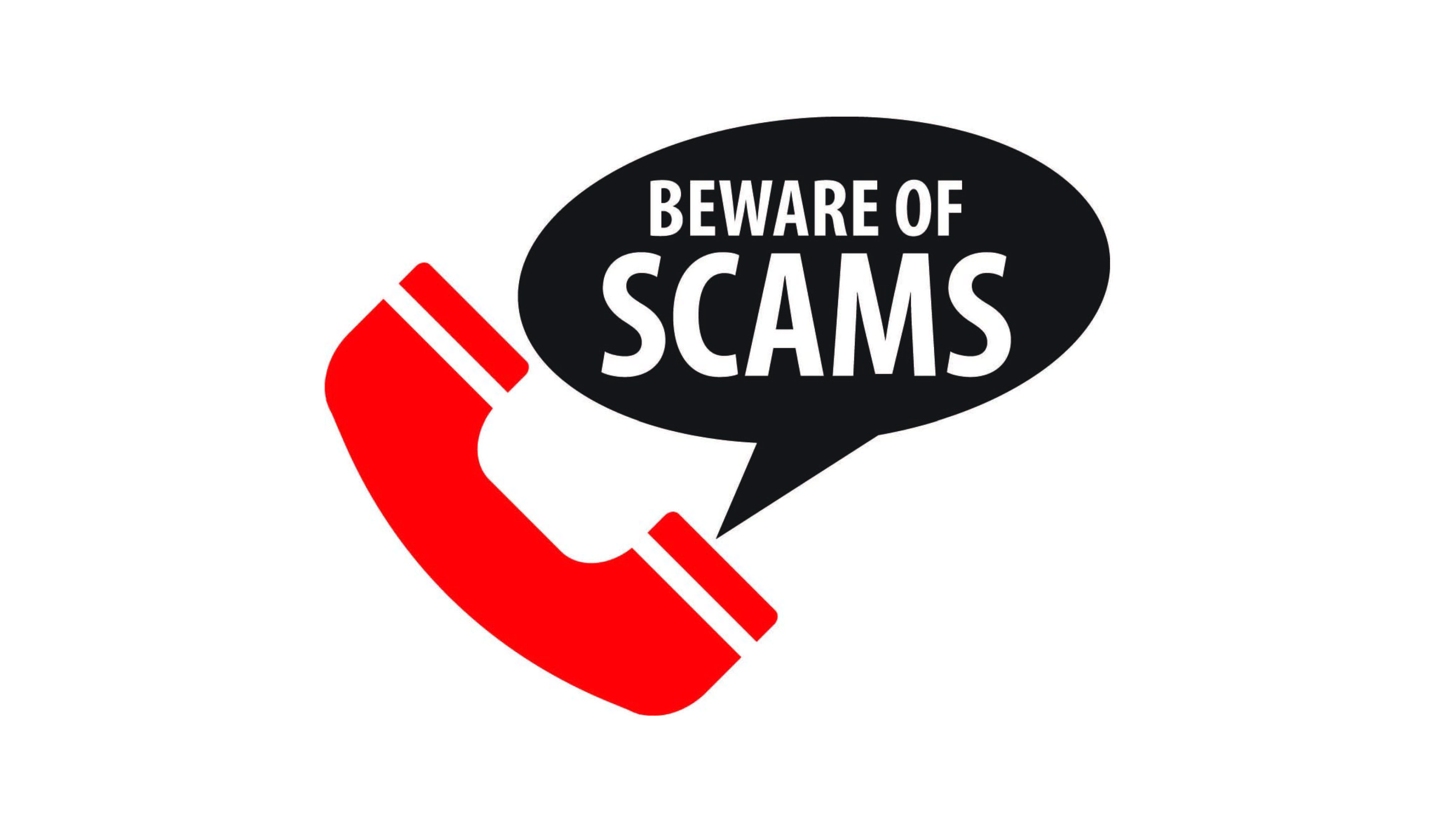Scammers also are sending out phony COVID-19 emails, some even claiming to be from the Centers for Disease Control and Prevention. Some of these emails ask for your personal information. They might also falsely say you need to register to receive government payments. Don't be fooled into clicking on any attachments to these emails. That could download malware onto your computer.
How to avoid scams
Here are a few tips for identifying bogus claims:
No vaccines are available yet. Treatments are available, but only for patients hospitalized with severe COVID-19. Talk to your On Lok PACE healthcare team if you have any questions or concerns.
Know that no foods or dietary supplements have been approved for preventing or treating the virus. Ditto with products marketed for veterinary use or research use only.
Know that home test kits are only available by a doctor's order.
Be wary of products that claim to treat a wide range of diseases.
Be aware that personal stories are not scientific evidence.
Remember that if it seems too good to be true, it probably is.
View so-called miracle cures with a great deal of skepticism. They are likely a hoax.
Finally, remember this: If you have symptoms of COVID-19, speak to your On Lok PACE doctor. We are here to advise you on whether you should get tested and all other COVID-19 related matters.
